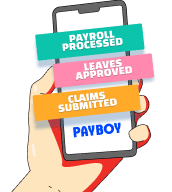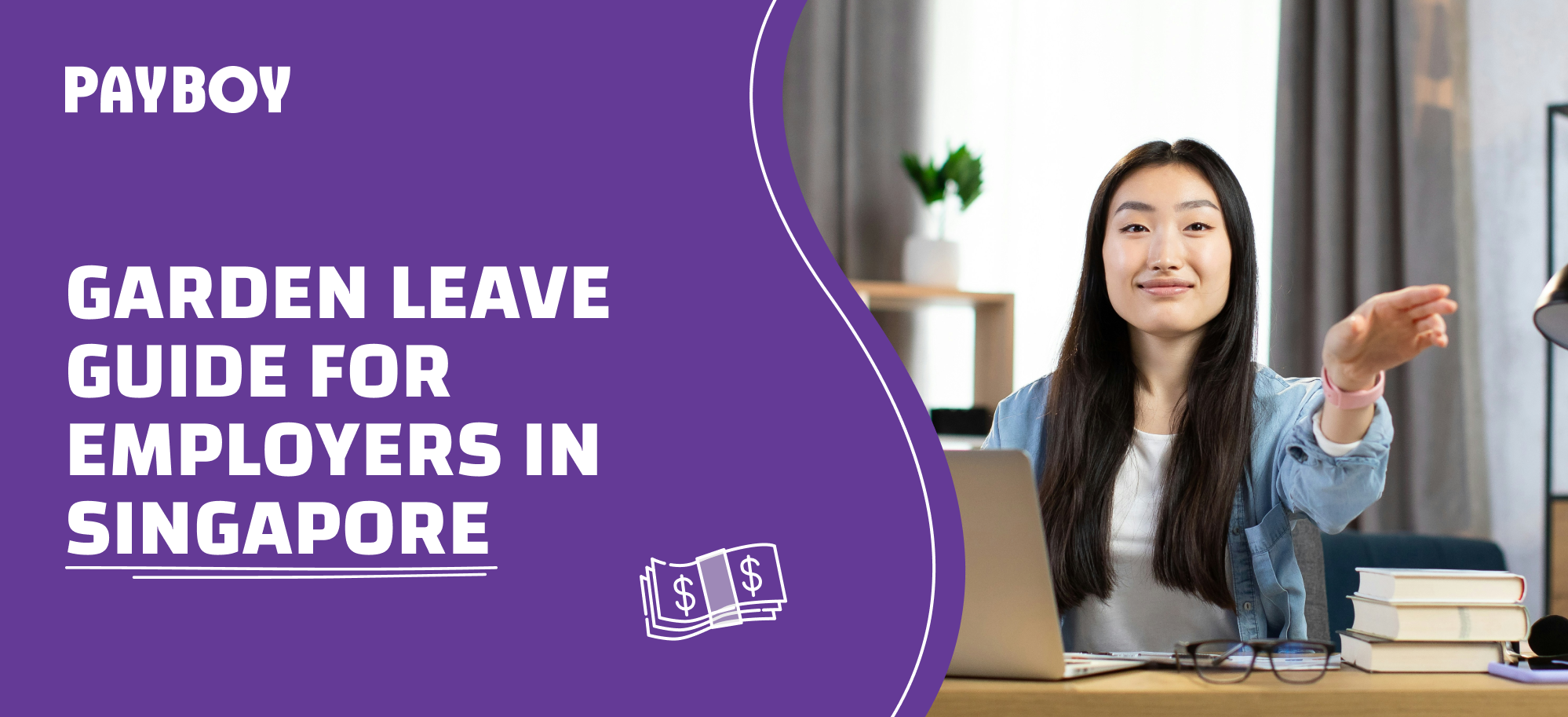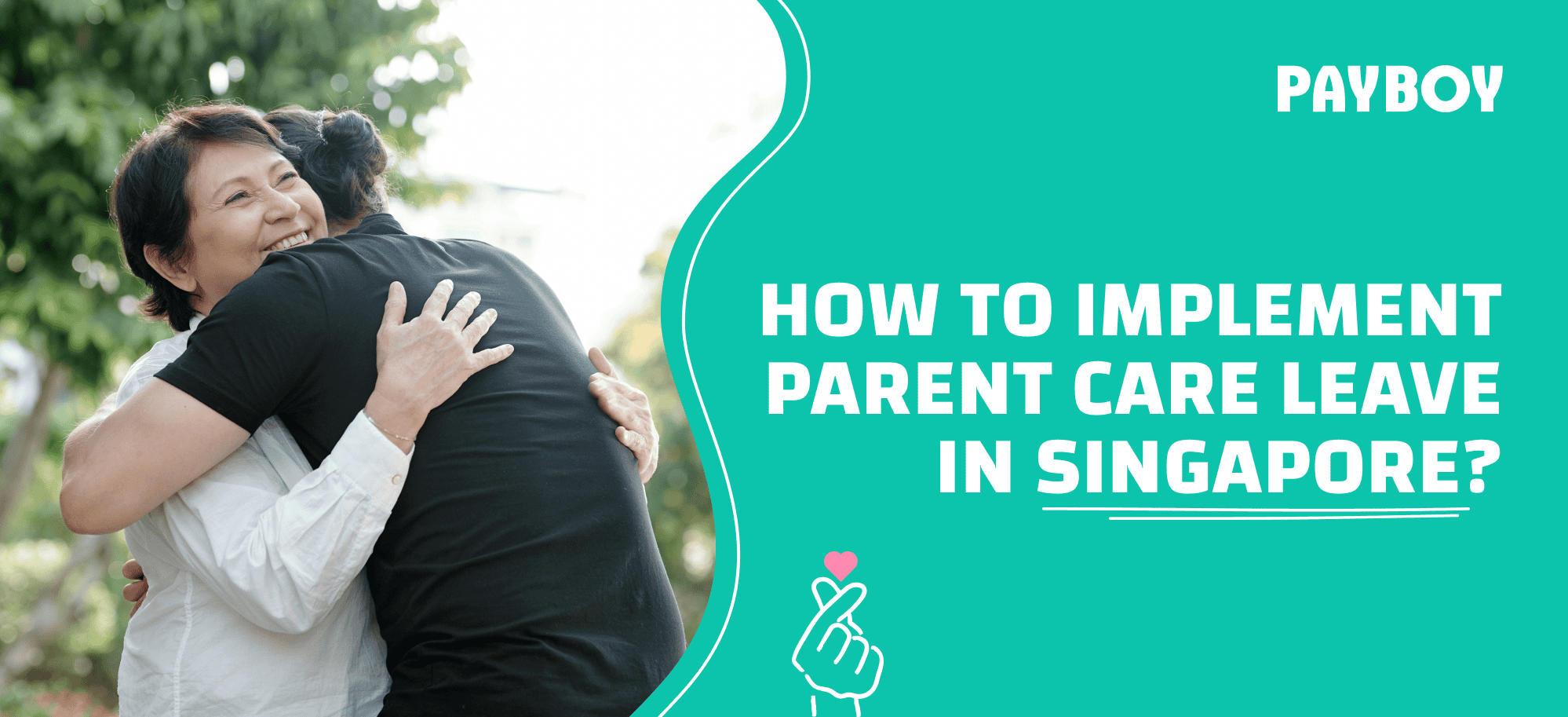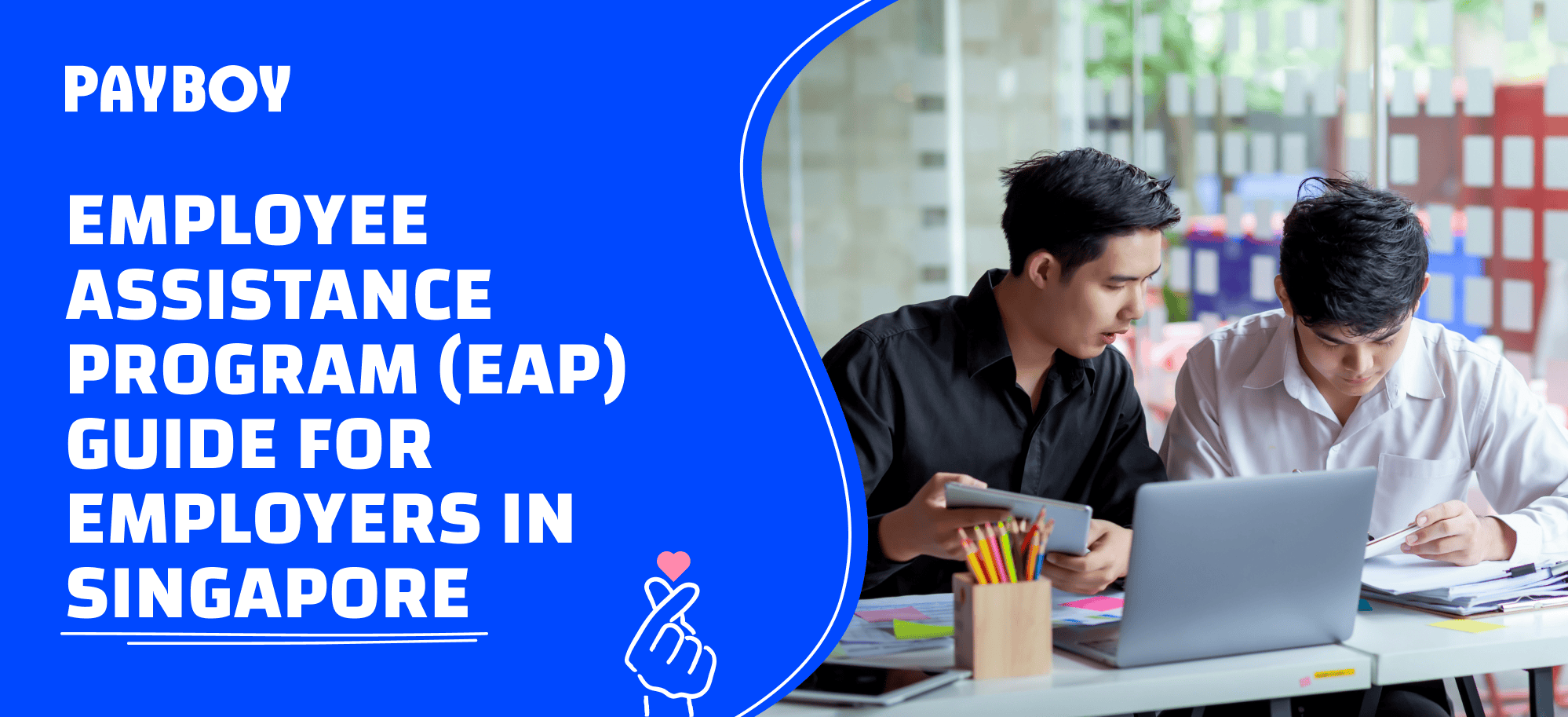As an employer in Singapore, one option that employers often consider to ensure a smooth transition when an employee leaves the company is garden leave. But what exactly is garden leave, and how can employers navigate this process effectively? In this comprehensive guide, we'll delve into everything you need to know about garden leave in Singapore. By understanding its purpose and best practices, we'll equip you with the important knowledge to implement garden leave effectively within your organisation.
What is garden leave?
Garden leave, also known as gardening leave, refers to a period during which an employee has resigned or been terminated from their position but remains on the company's payroll. During this time, the employee is typically required to stay away from the workplace and refrain from performing their duties while still receiving their salary and benefits. This arrangement aims to protect the company's interests and prevent potential risks associated with the departing employee's access to sensitive information or clients.
Is garden leave paid or unpaid in Singapore?
During the garden leave, employees continue to receive their regular pay as they remain on the payroll until their notice period concludes. This means they retain all their entitlements, including salary, statutory sick leave, annual leave, and parental leave, as they are technically still employed during this period.
What are the important considerations for implementing garden leave?
Introducing garden leave into your company's employment policies requires careful consideration and planning. Here are some important points to keep in mind when implementing garden leave for your employees in Singapore:
- Review employment contracts: Thoroughly examine the terms of the employment contracts to determine if garden leave clauses are included or if they need to be added. Ensure clarity regarding the duration and conditions of garden leave.
- Assess the nature of the employee's role: Evaluate the significance of the employee's role within the organisation and the potential risks associated with their departure. Determine if placing them on garden leave is necessary to protect company interests, such as safeguarding confidential information or preventing them from poaching clients or employees.
- Impact on company operations: Consider the operational implications of placing an employee on garden leave, including the redistribution of responsibilities, project timelines, and client relationships. Assess whether the absence of the employee will disrupt workflow and productivity, and plan accordingly to mitigate any negative impact.
- Flexibility and adaptability: Recognise that each situation may be unique, and be prepared to adapt the implementation of garden leave based on evolving circumstances. Remain flexible in adjusting the duration or conditions of garden leave as needed to address changing business needs or employee concerns.
Are employees able to request garden leave?
While employees may express a desire for garden leave, ultimately, the decision to implement it lies with the employer. Employers should evaluate each request on a case-by-case basis, considering factors such as the employee's reasons for requesting garden leave, the impact on the company, and any contractual obligations or rights.
What can employees do during gardening leave?
During garden leave, employees are typically required to adhere to the terms outlined in their employment contract. This may include:
- Refrain from engaging in competitive activities
- Prohibited in disclosing confidential information with employees/clients
Despite not actively working or attending the workplace, both the employer and employee must uphold their contractual duties, including confidentiality. The employer is obligated to:
- Maintain the employee on the payroll and provide regular salary payments.
- Grant access to existing contractual benefits.
Are employers required to implement garden leave in their company?
There is no legal requirement for employers in Singapore to implement garden leave in their company. However, it can be a valuable tool for protecting the company's interests during periods of transition or when managing departing employees. Employers should carefully assess their specific circumstances and consult with legal or HR professionals to determine the most appropriate course of action.
Should I include a garden leave clause in my employee’s contract?
Including a garden leave clause in employment contracts provides clarity and transparency regarding the company's policies and expectations regarding post-employment arrangements. Employers should carefully draft garden leave clauses to ensure they align with the company's objectives and comply with relevant laws and regulations in Singapore.
What should I include in the garden leave policy?
Before implementing garden leave as part of your company's HR policies, it's crucial to establish a comprehensive garden leave policy. Let's delve into the key components that should be included in your garden leave policy to effectively manage this transitional period for your employees:
- Conditions for implementation: Specify the circumstances or triggers that warrant the initiation of garden leave, such as resignation, termination, or the end of an employment contract.
- Duration of leave: Clearly define the length of the garden leave period, which may vary depending on factors like seniority, role, or contractual agreements.
- Employee's rights and obligations: Detail the expectations and restrictions placed on employees during garden leave, including adherence to confidentiality agreements, non-compete clauses, and other contractual obligations.
- Salary and benefits: Address whether employees will continue to receive their regular salary and benefits during garden leave, and if so, provide clarity on any modifications or adjustments.
- Communication and understanding: Emphasise the importance of clear communication between employers and employees regarding the garden leave policy. Ensure that employees fully comprehend their rights, obligations, and entitlements during this period through transparent communication channels and accessible resources.
What happens to the remaining annual leaves while employees are on their garden leave?
When employees are placed on garden leave, it's important to address the status of their remaining annual leave entitlement. Several options exist for handling unused annual leave during garden leave:
Utilisation of remaining leave
The employer may require the employee to utilise their remaining annual leave before commencing garden leave. This ensures that the employee exhausts their leave entitlement while still officially employed and receiving their normal salary and benefits.
Encashment of remaining leave
The employer may offer the option for employees to encash their remaining annual leave entitlement. This involves paying the employee the monetary equivalent of their unused leave day and providing them with additional compensation upon entering garden leave. For a comprehensive guide on leave encashment calculation, check out our “Leave encashment calculation guide for employers in Singapore.”
Forfeiture of remaining leave
The employers may stipulate that any remaining annual leave not utilised or encashed before the commencement of garden leave will be forfeited. This option requires clear communication and adherence to relevant employment laws and company policies regarding annual leave forfeiture.
Are there any alternatives to garden leave?
There are several alternatives to garden leave that employers may consider, depending on the circumstances and the needs of the company. Here are some common alternatives:
Notice period
Instead of placing an employee on garden leave, the employer may opt to enforce the notice period specified in the employment contract. During this time, the employee remains actively employed and may continue to work as usual until the notice period expires. Learn more about how to manage your employees who are leaving your company in a fair and efficient manner in our “Notice Period Guide for Employers in Singapore.”
Flexible Work Arrangements (FWA)
In some cases, employers may allow employees to work remotely or on a reduced schedule during the notice period. This can provide employees with more flexibility and may be beneficial for both parties, especially if the employee is transitioning to a new role or seeking employment elsewhere. Read our Flexible Working Arrangements (FWA) guide to effectively address this upcoming regulation in your organisation!
Severance package
Instead of garden leave, employers may offer employees a severance package that includes financial compensation in lieu of notice. This allows employees to leave the company immediately while still receiving compensation for the notice period. Let’s dive into everything you need to know about severance pay as part of job termination to ensure a smooth and amicable transition for your employee.
Reassignment
In certain situations, employers may reassign employees to different roles or departments within the company during the notice period. This can be beneficial for both parties, as it allows the employee to remain actively employed while transitioning to a new role within the organisation.
Simplify employee leave tracking with Payboy’s leave management system!
Small and medium-sized enterprises (SMEs) often find leave management to be a pain point, and we can understand why:
- SMEs don’t have as many HR resources as larger businesses. As a result, they often have to rely on manual leave processes, which can be both time-consuming and error-prone.
- SMEs often have a more limited pool of employees to choose from when someone goes on leave. This can lead to disruptions in workflow and decreased productivity.
If leave isn't managed properly, it can have a negative impact on productivity and morale. Therefore, good HR software is an essential tool for any business that wants to stay on top of its leave entitlements and ensure its employees are getting the rest they deserve. Here are some benefits of using our leave management module:
Manage leaves digitally
Our leave management module is designed to streamline the leave management process, making it easy for employees to apply for leave and check leave balances, as well as for employers to approve and manage leave requests.
Employees can also easily submit supporting documents or certificates via the mobile app, so that all the documents are stored in a central database. No more missing documents!
Customise the leave policy that best fits your business needs
We'll provide you with a MOM-compliant setup to start with, but we are also ready to assist you in customising your leave policy to fit your business requirements. Check out how to customise settings for each leave type with Payboy, including shared parental leave!
Our Payboy Support Centre also helps to address most of the FAQs regarding other statutory leave entitlements asked by our customers:
Offboard your employees smoothly with Payboy HR Software!
The transition to handover, document, and offboard an employee can be an adjustment period for both parties involved. If you're seeking an efficient way to streamline and document your employee offboarding processes, look no further. Payboy has got you covered with a comprehensive offboarding module within our system to help you keep the journey organised!
An employee may also leave your company before the last day of the month, depending on when they serve their notice periods, which will result in an incomplete month of work. With our fully compliant, customisable, and integrated payroll processing module, you can automate the calculation of an incomplete month’s salary, easily add ad-hoc pay items such as severance pay, and enjoy additional features that are designed to save you time and effort.
Streamline your HR processes with Payboy today!
As a PSG-approved HRMS, Payboy provides a robust system to help you manage your HR tasks so that you can focus on your business and people!
With our wide range of modules, you can customise a solution to meet the specific needs of your business:
Payroll Processing | Leave Management | Claims Management | Applicant Tracking
Time Attendance | Shift Scheduling | Appraisal System | Inventory Management
Project Costing | Training Management






















